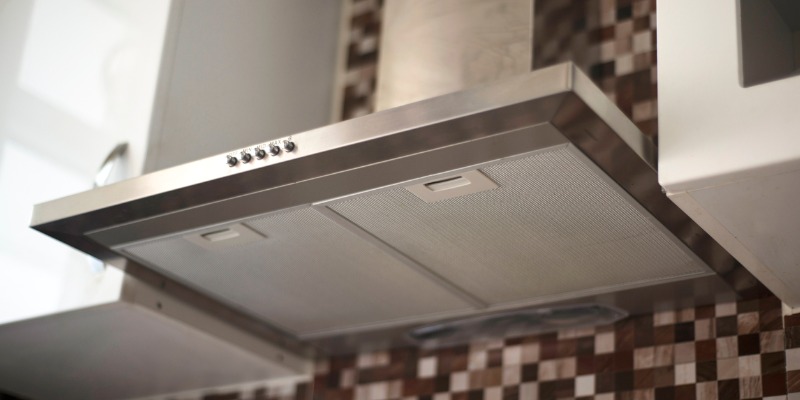
You can’t exactly open the windows in the winter. So how do you improve your air quality? You might have dampness, mustiness, bad smells, allergens, and dust, just to name a few things in your home’s air. Here are several ways that you can improve indoor air quality in the winter.
Use an Air Purifier
One of the most powerful ways to improve your indoor air quality is to use an air purifier. A quality air purifier can target the specific concerns you have with your winter air, whether that’s mould spores, smells, or pet dander, and significantly reduce them.
Control Pet Dander
While pets don’t shed too much in the winter, the build-up can be bad by the time January comes around. There are plenty of free ways to control pet dander without investing in an air purifier, including:
- Weekly washing: Washing your pets once per week can reduce their dander. Be sure to use a shampoo designed for them to avoid skin issues.
- Brush outside: When you brush your pet, try to do it outside, that way, you leave the pet dander out there.
- Vacuum registers: Pet hair often gathers on registers and puts dander into the air. Make sure you clean these out regularly.
Stop or Reduce Smoking Indoors
Smoking of any kind, whether nicotine or marijuana, reduces your air quality significantly. Opening a window while you smoke may not be enough to ventilate the smoke out of your home. In fact, unless you open two windows, you’re mostly just losing heat. Try to reduce your smoking indoors, or smoke exclusively outside, to get better air quality. To learn more about how to enhance your air quality in your home, please call our experts today.

Maintain Cooking and Heating Equipment
Another big cause of poor air quality is clogged filters in your heating equipment or caked-on debris in your stove and other cooking equipment. These release smoke and other contaminants into the air. It’s wise to have your heating and cooking equipment cleaned and maintained in the fall.
Improve Ventilation
You can ventilate your home without losing a lot of heat. Whole-home ventilation systems can remove stale air while limiting heat loss. Or, you can invest in ventilation that targets specific areas of the home, like the mudroom, kitchen and bathroom.
Increase Humidity If It’s Low
Low humidity in winter is a big contributor to poor air quality. You may find that your skin dries out, your eyes and throat get irritated, and more symptoms of dryness. You can use a humidifier to restore the humidity in your air and make your home much more comfortable. Whole-home humidifiers are more effective than the stand-alone models. These use your furnace to humidify the air, so it reaches everywhere your furnace does.
Need to Boost Your Air Quality in the Winter? We’re Here to Help
Having good indoor air quality is important to your family’s well-being, especially as they spend more time indoors. Contact us today to learn about our indoor air quality options, which will work best for your specific needs.
Article Updated 2023.






